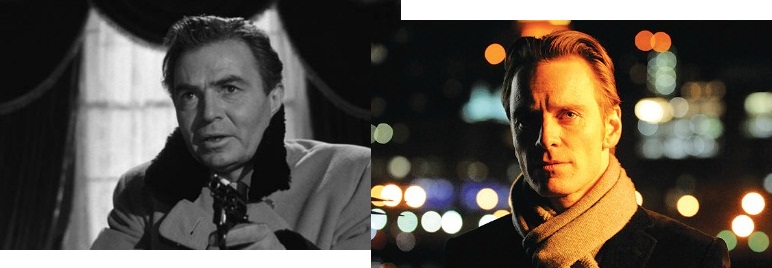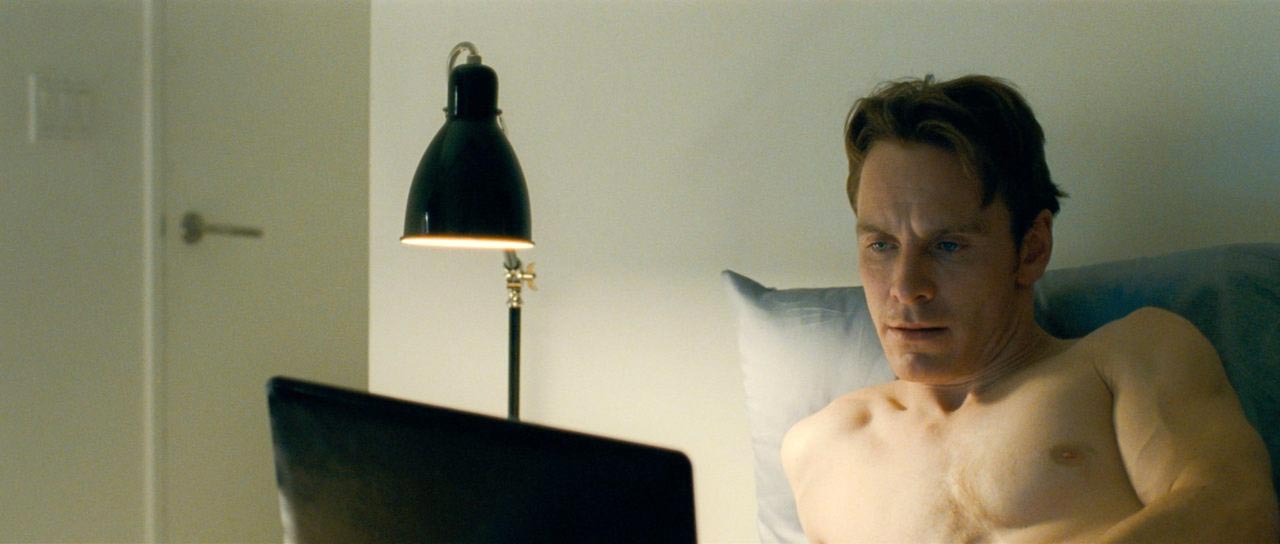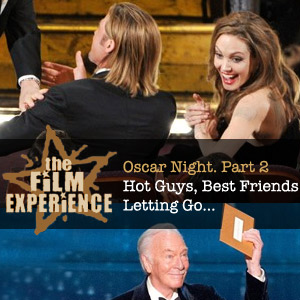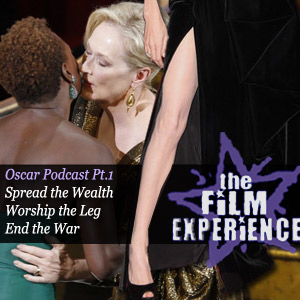Robert here w/ Distant Relatives, exploring the connections between one classic and one contemporary film.

We shouldn't be talking about these things. And by "these things" I don't necessarily mean sex in general. Sex is okay filtered through the acceptable narratives of or cinematic pop-cultural lexicon. The happy conquests of the charismatic man are a fine topic for a film, as are the the constant failings of the empathetic dope. The female sexual experience is okay as along as it kinda mimics the male sexual experience. Basically we're willing to watch attractive actors an actresses roll in the sheets as long as their sex lives are at their own command. We do not take well to stories of people whose sexual desires do the controlling.
Lolita's Humbert and Shame's Brandon are two such people. Though it seems like they have it all. They're attractive, rich, sophisticated, educated and lead lives of effortless good fortune. Brandon's good looks and success place no limits onto the conquests craved by his sex addiction. Humbert's ridiculous luck places him as the sole guardian of a pretty young girl whose already had just enough experience to alleviate him from any guilt. The only thing Humbert and Brandon lack is someone else to blame.
As spectators to their inevitable downward spirals, it's difficult to watch them make all the choices that lead to their sad end and then feel sorry when they get there, especially when they leave casualties in their wake. The films they inhabit don't ask us to sympathize for them with a wink of dramatic irony like A Clockwork Orange or The Godfather (both great films) do with their protagonists. Instead they ask us to observe and then try to grasp the incredibly complex realtionship we have with the power of our own desires.

This is such an easy source of drama that on most any evening you can find television shows about addicts and hoarders and attempted interventions. On most supermarket shelves you can find magazines with tales of celebrities suffering from addictions. Psychological damage sells. The best of these paint complex portraits of real people trying to survive in a world that demands they be at war with themselves. The worst of them gleefully invite us to shed our empathies and delight in the chaos. It's difficult to have empathy for someone like Brandon whose problem includes attracting a plethora of beautiful women that would make any man jealous. And it's even more difficult to have empathy for someone like Humbert who preys on children.
Add to this the fact that both films omit any context in which to place our sympathies. Shame clearly suggests that Brandon has been damaged somehow, but we never know how. The most common criticism of the film is of its lack of backstory. But I wonder if such details are relevant. Do certain backstories justify his behaivor while others don't? Or would some at least invite our sympathy more than others? It's easy for us to postpone our emotional investment in someone until we have more details. But that's not what the movie asks of us.
In the case of Humbert, while the novel Lolita clearly sets up his penchant for young girls, the film omits this entirely. I've often wondered how viewers in 1962, who didn't have the backstory of the book reacted when their hero began to covet the young Dolores Haze. Of course the film had little choice than to convert the story into comedy to soften the blow. But there's still a surprising amount of drama and suffering to be had among the proceedings. And comedy or drama, there's only so much you can tiptoe around the central plot of a man lusting for an adolescent.
Then there are the other victims of these men's desires. Brandon's severly depressd sister Sissy, who pursues her sexual needs just as nihilistically as Brandon, but has to be chided and demeaned for it. And there's Humbert's Dolores, who has little time in life to be anything other than an object of temptation. Even her mother, the comedic relief, bumbling, boisterious Charlotte doesn't deserve her fate.

Which leads us to the real question that both of these movies are asking, whether either of these men truly deserve their fates. It's a complicated one, and based on the way audiences have reacted to these stories, over the past few months or past few decades it's a question we're still nowhere near answering. I imagine there's more goodwill present for Fassbender's Brandon since he's not involving himself with anyone who can't give legal consent (yet I can assume that more good judgment has been unknowingly discarded as a result of Fassbender's piercing gaze than Mason's droll sophistication). Then again, Humbert gets what's coming to him. He ends up punished for his crimes. Brandon merely ends up once again at the beginning of the cycle. What goodwill does that invite?
Perhaps the moralities of these films are so difficult to digest because they present not a simple world of monsters and victims, but a complex one of hurt people who hurt people, where the only monsters are us, when we look the other way and demand an easier reality.
 Saturday, March 3, 2012 at 2:00AM
Saturday, March 3, 2012 at 2:00AM 







